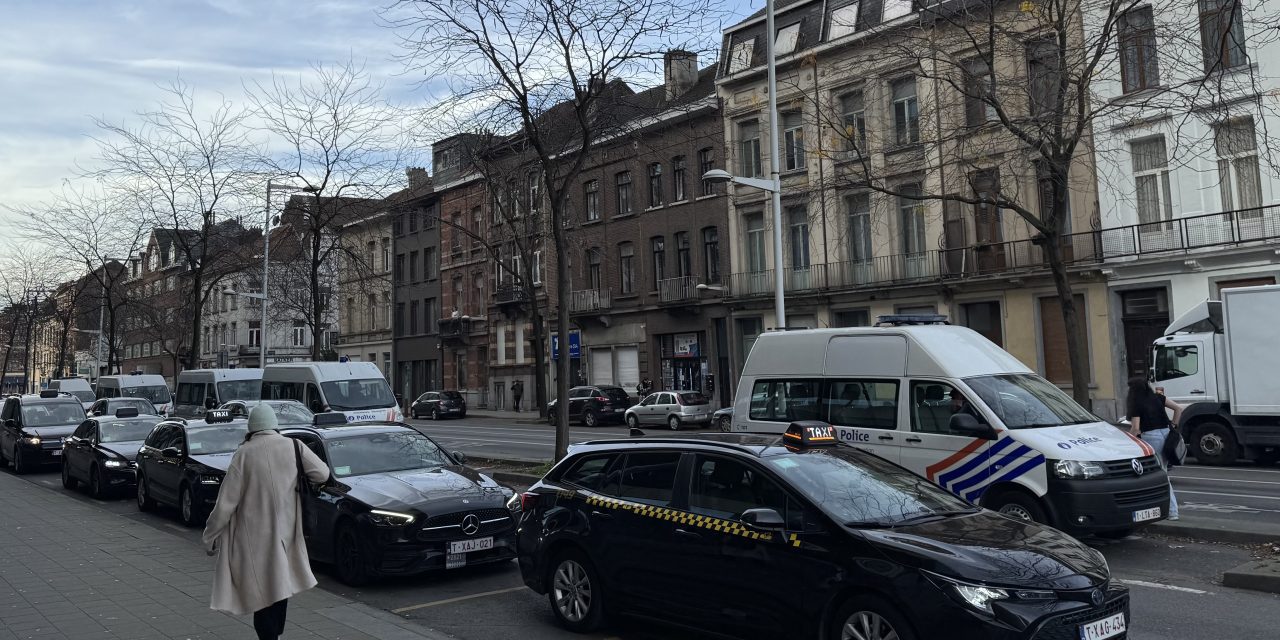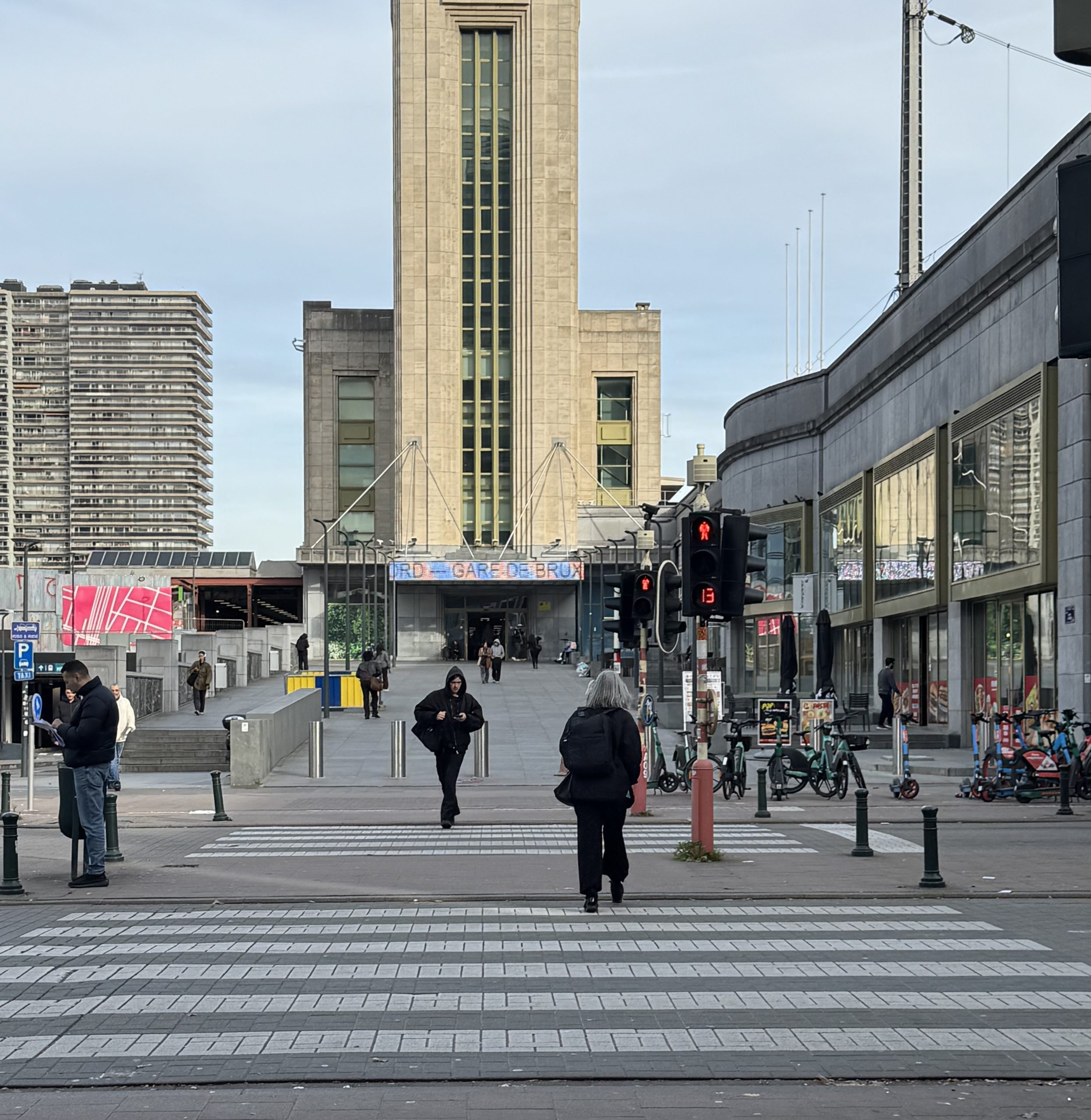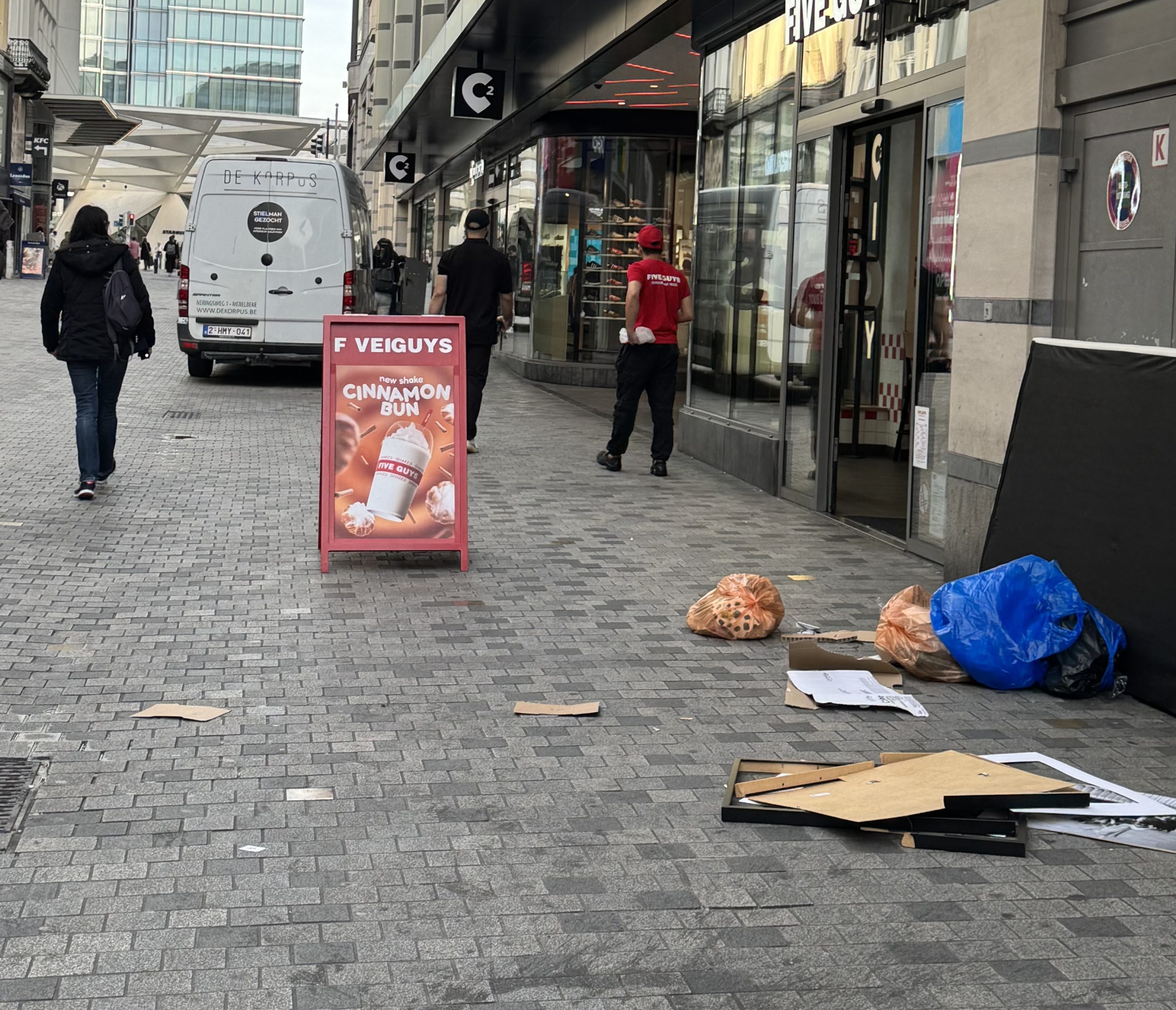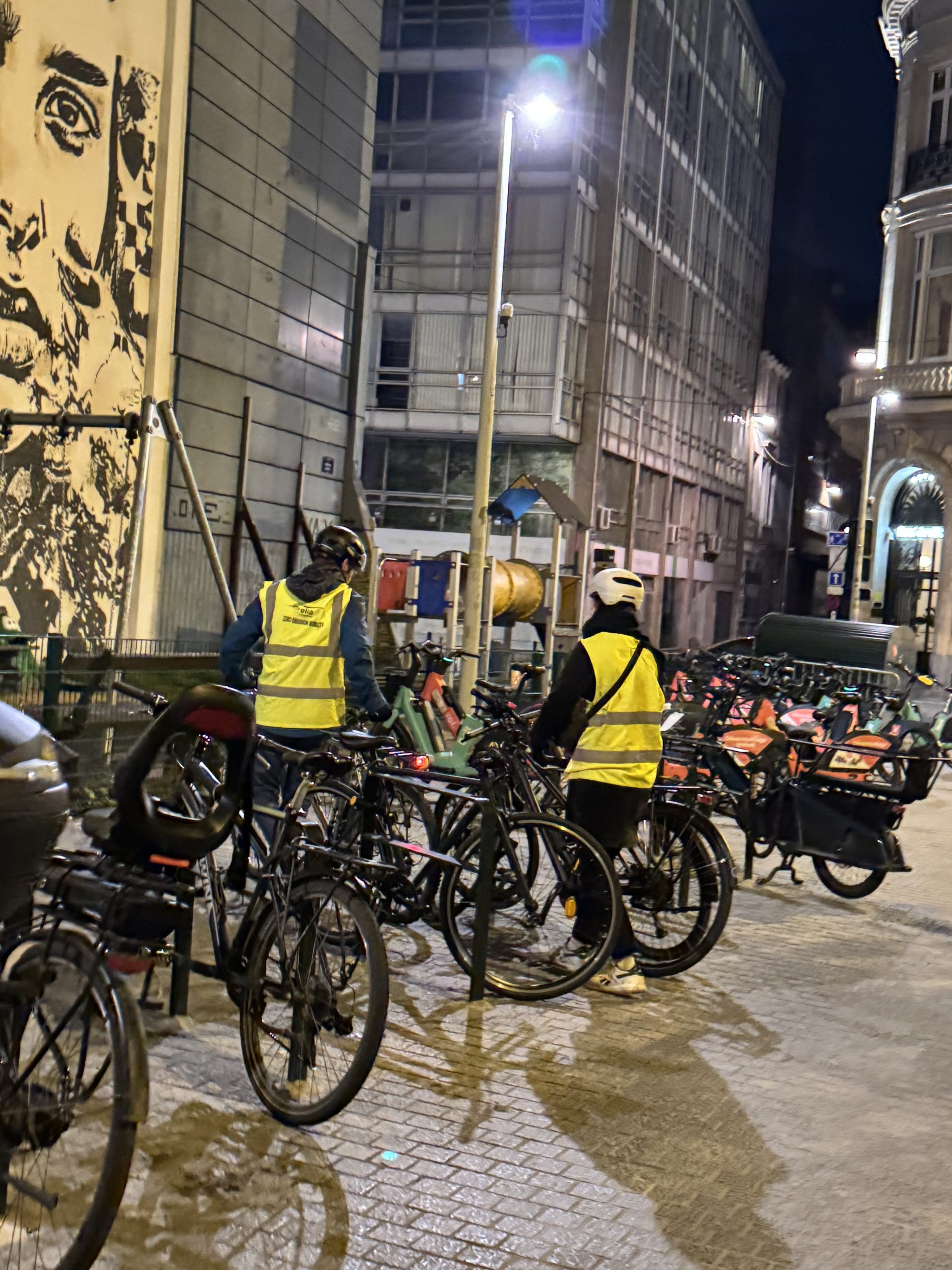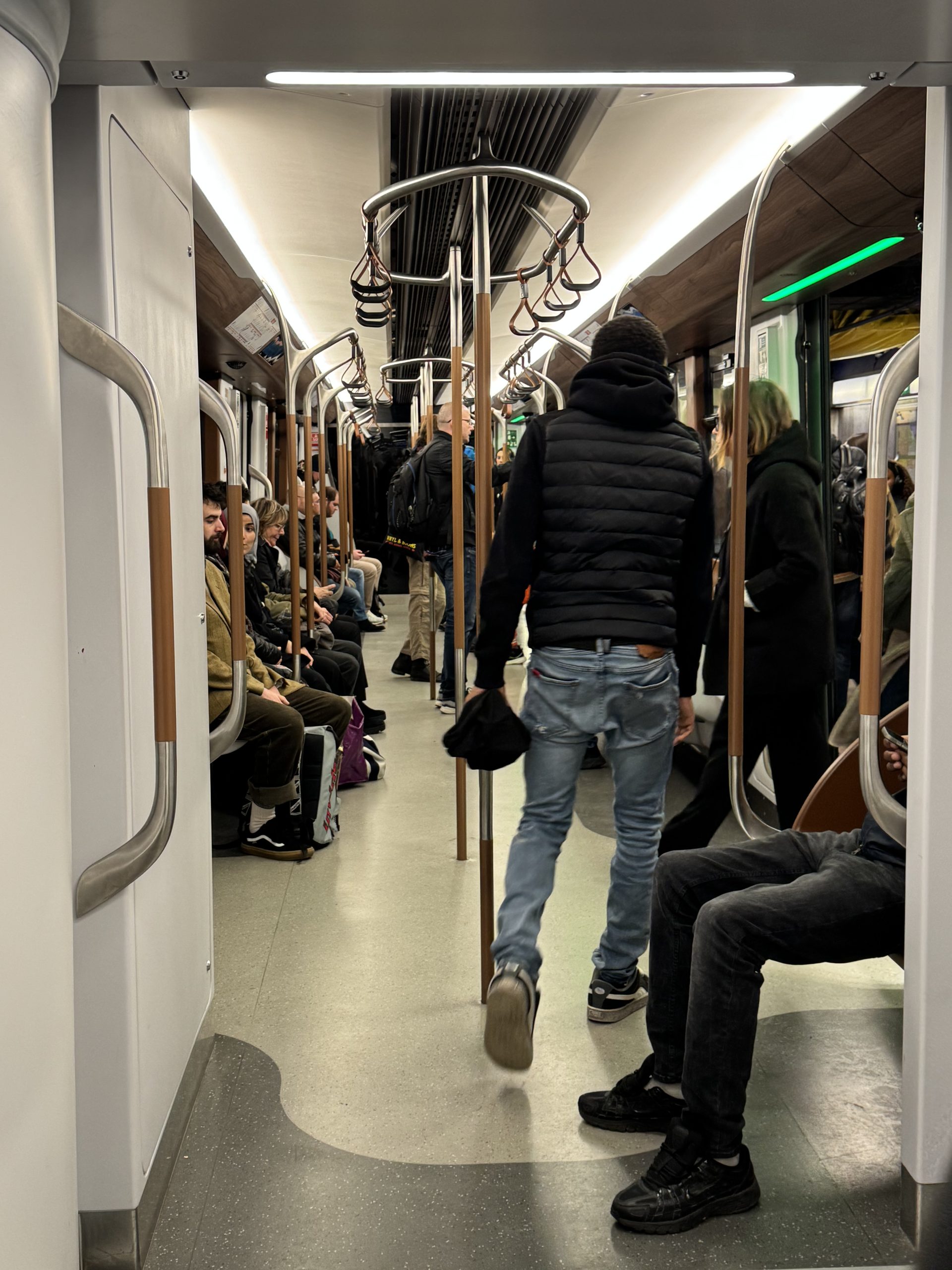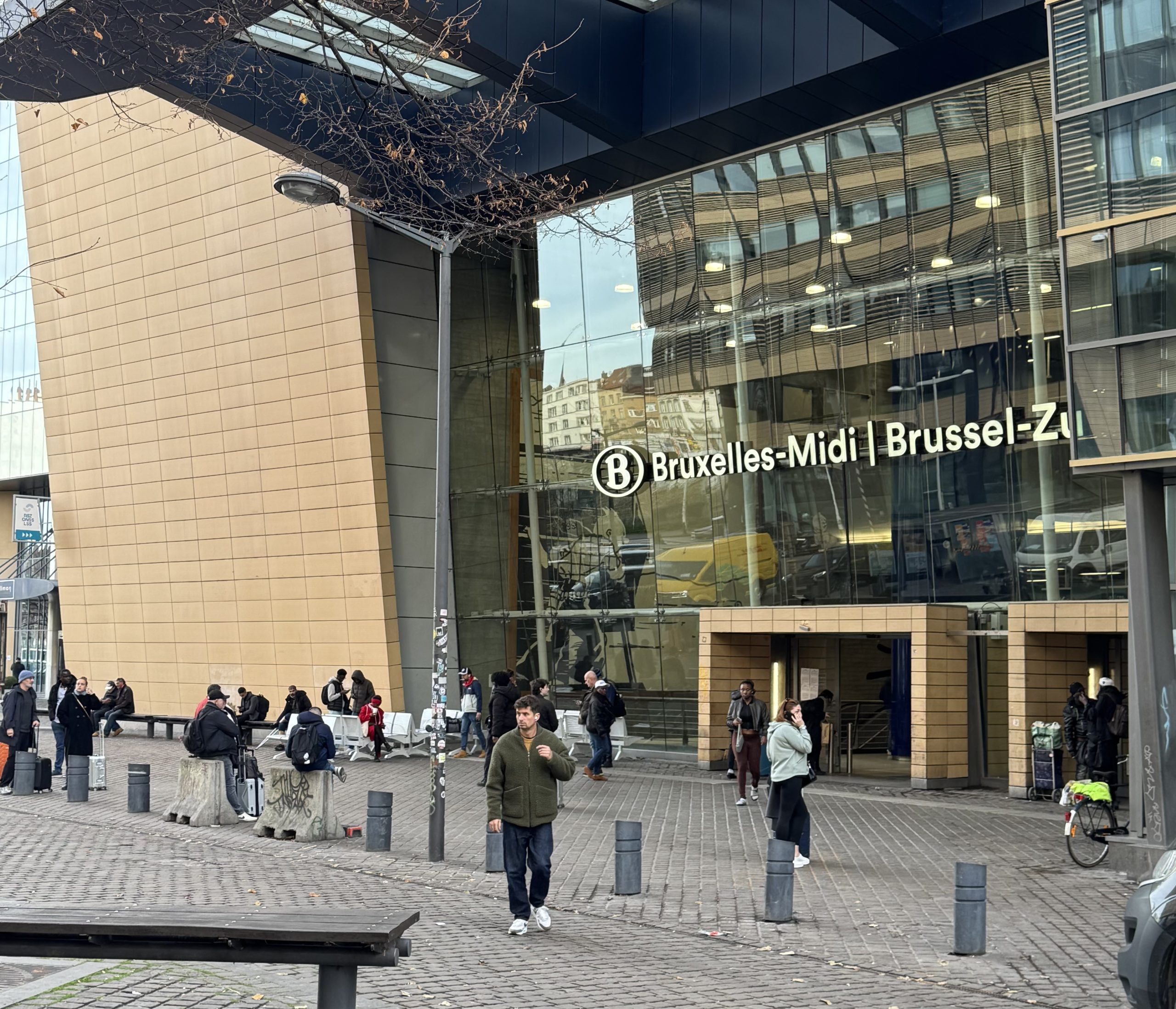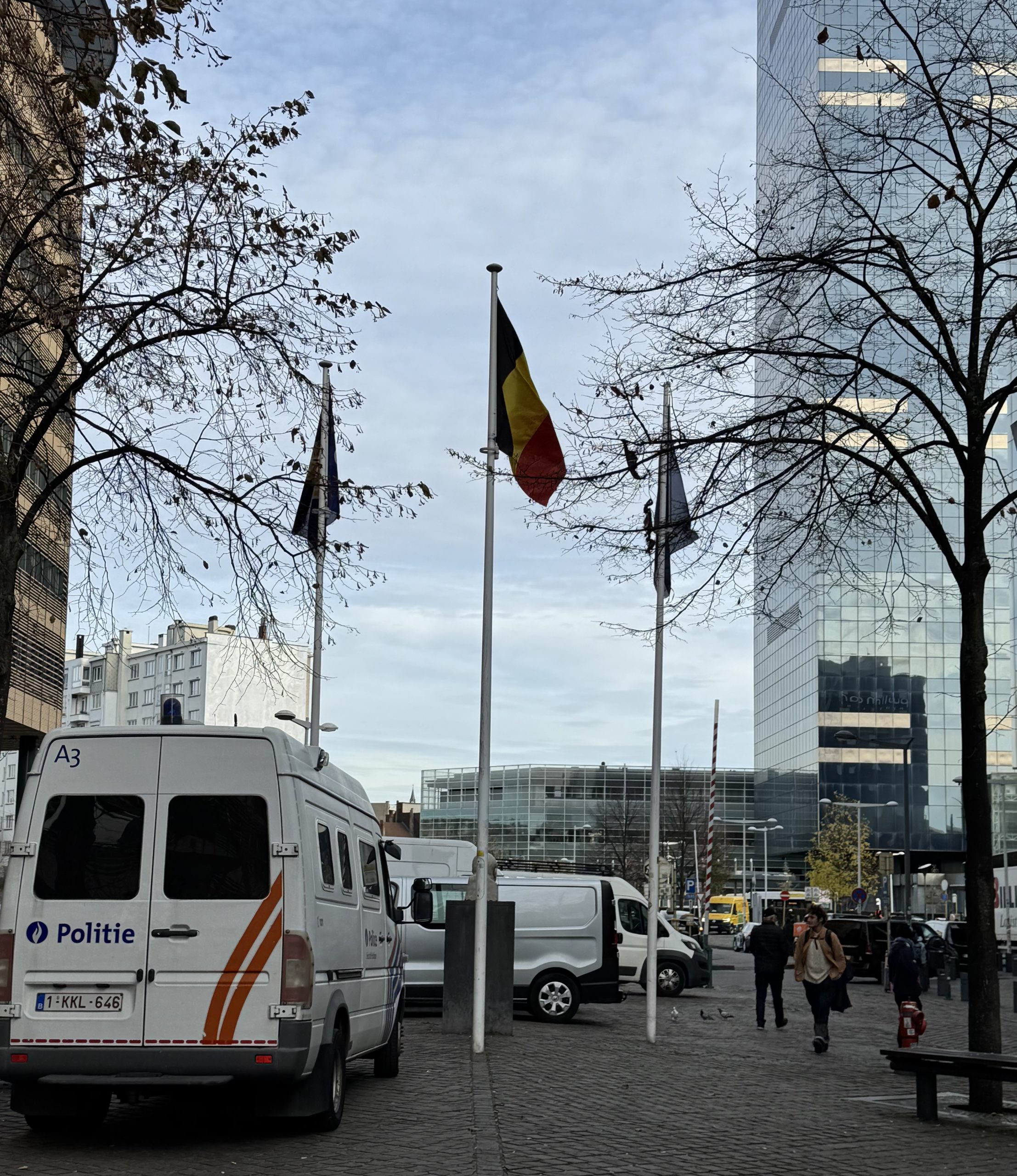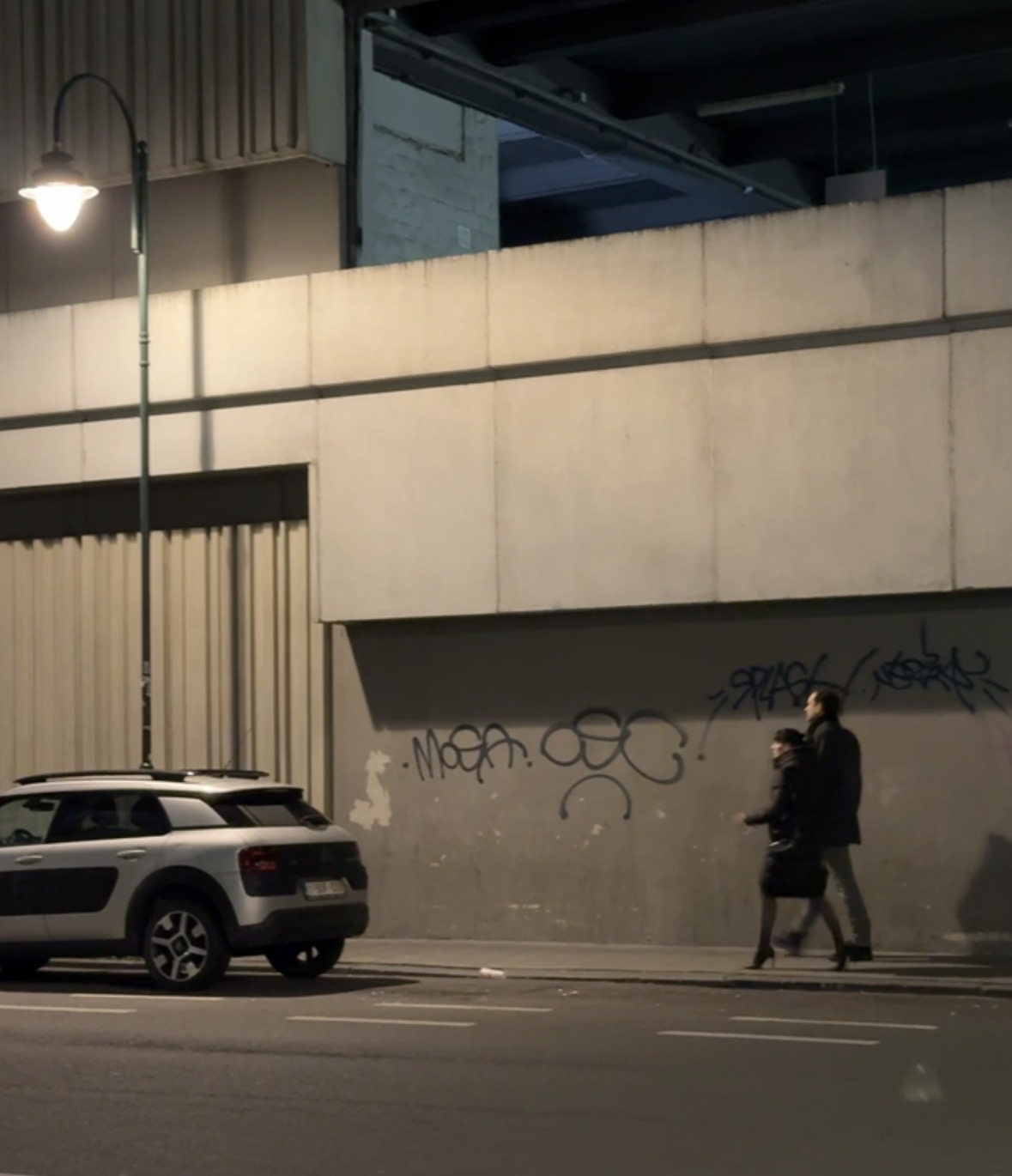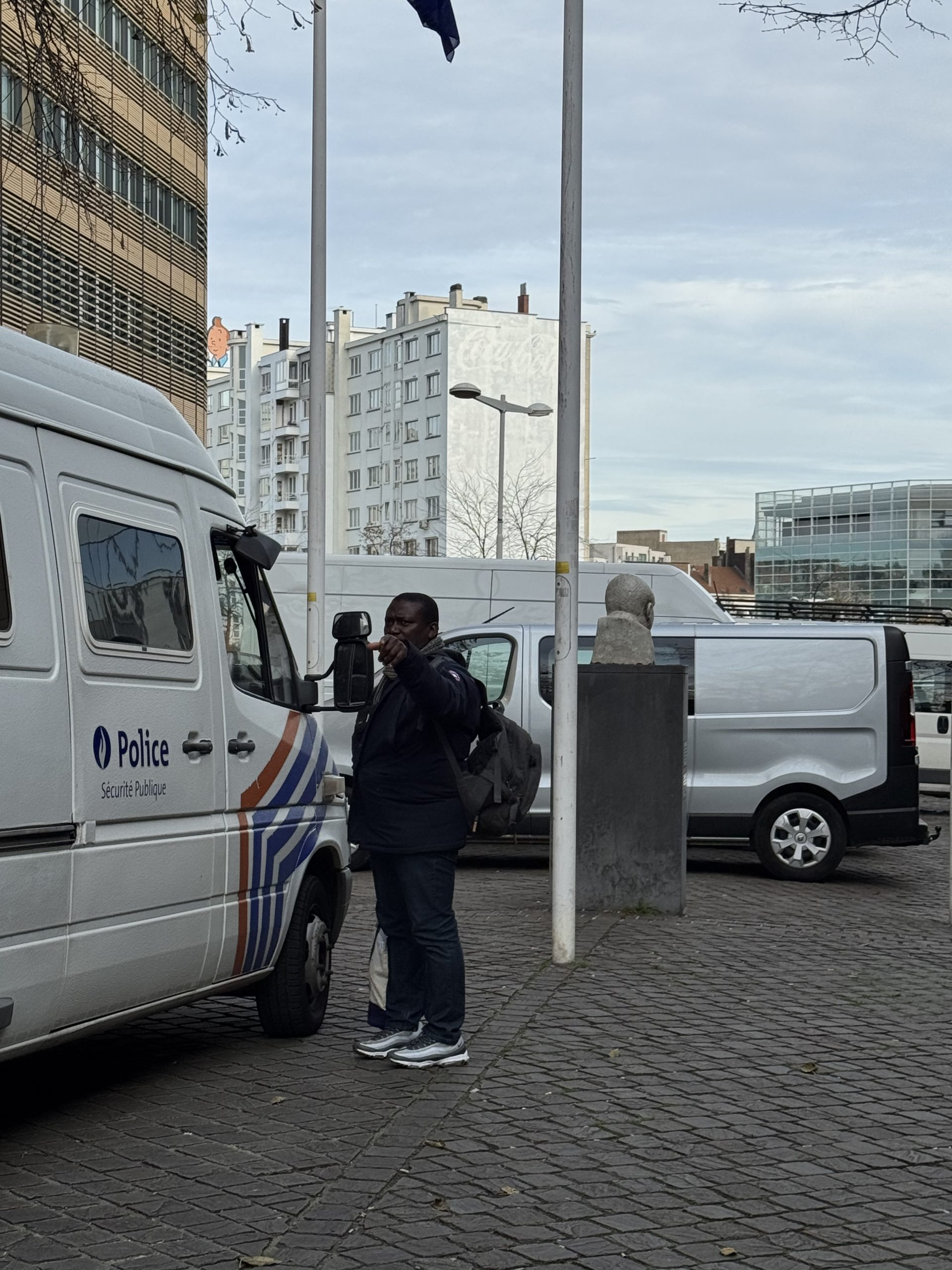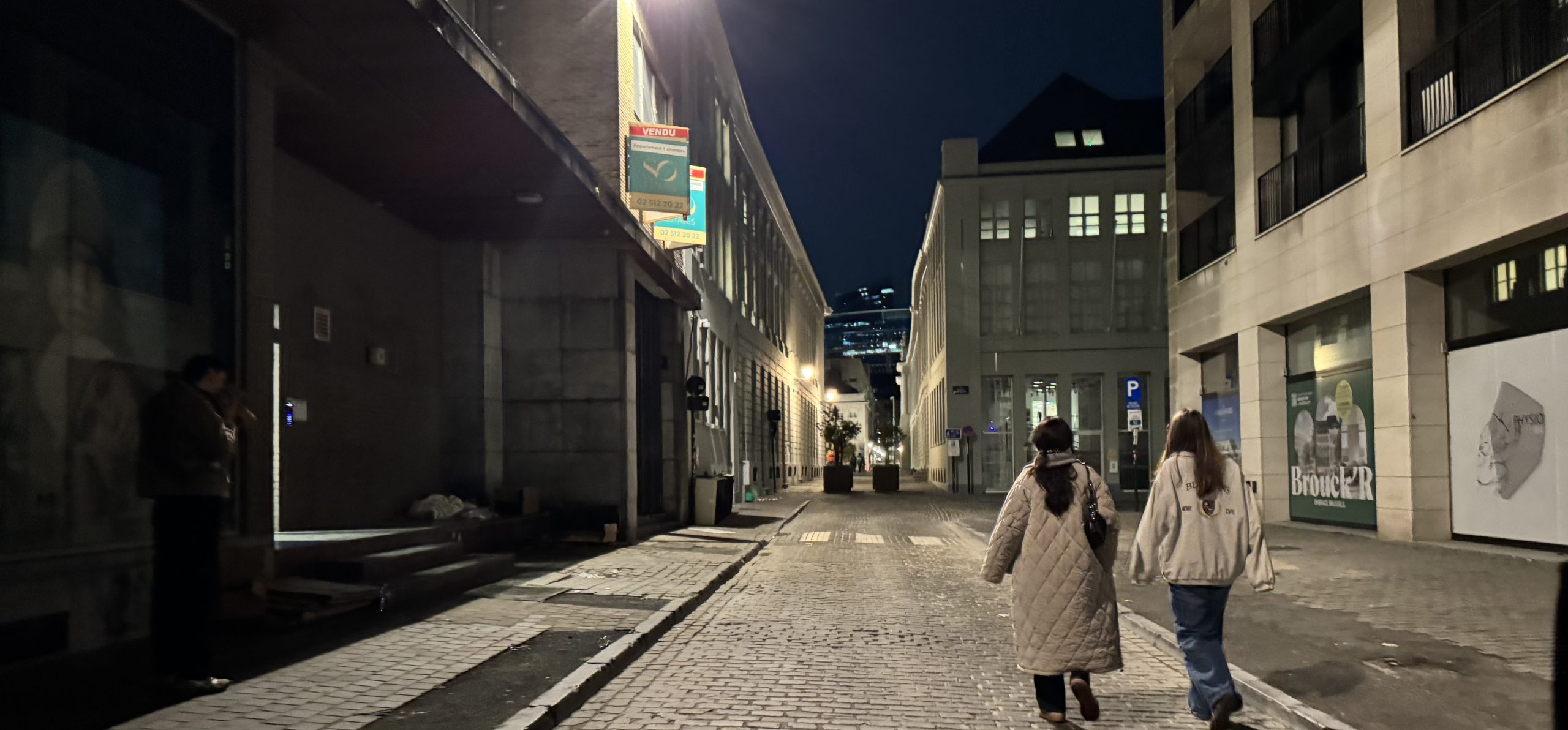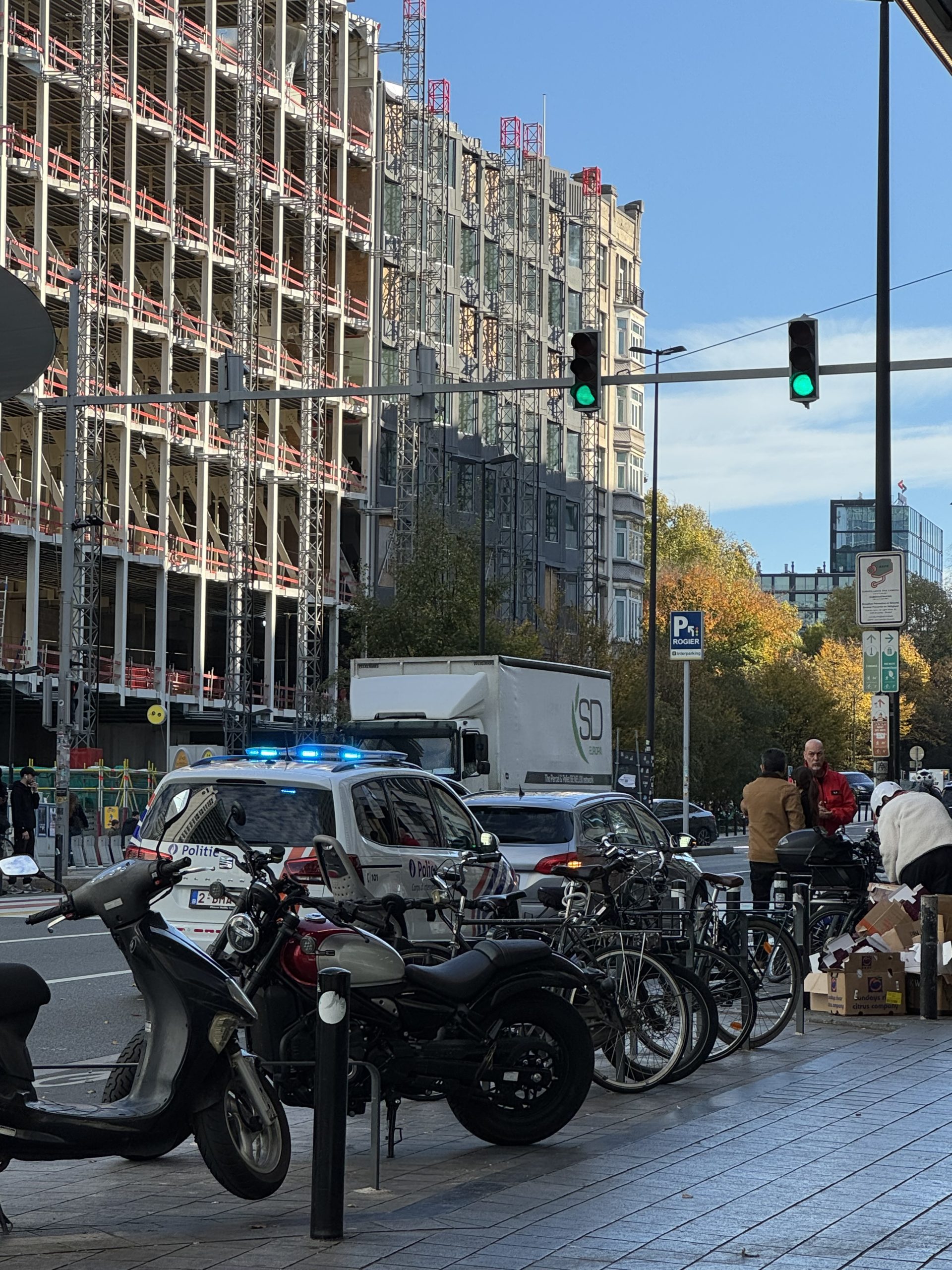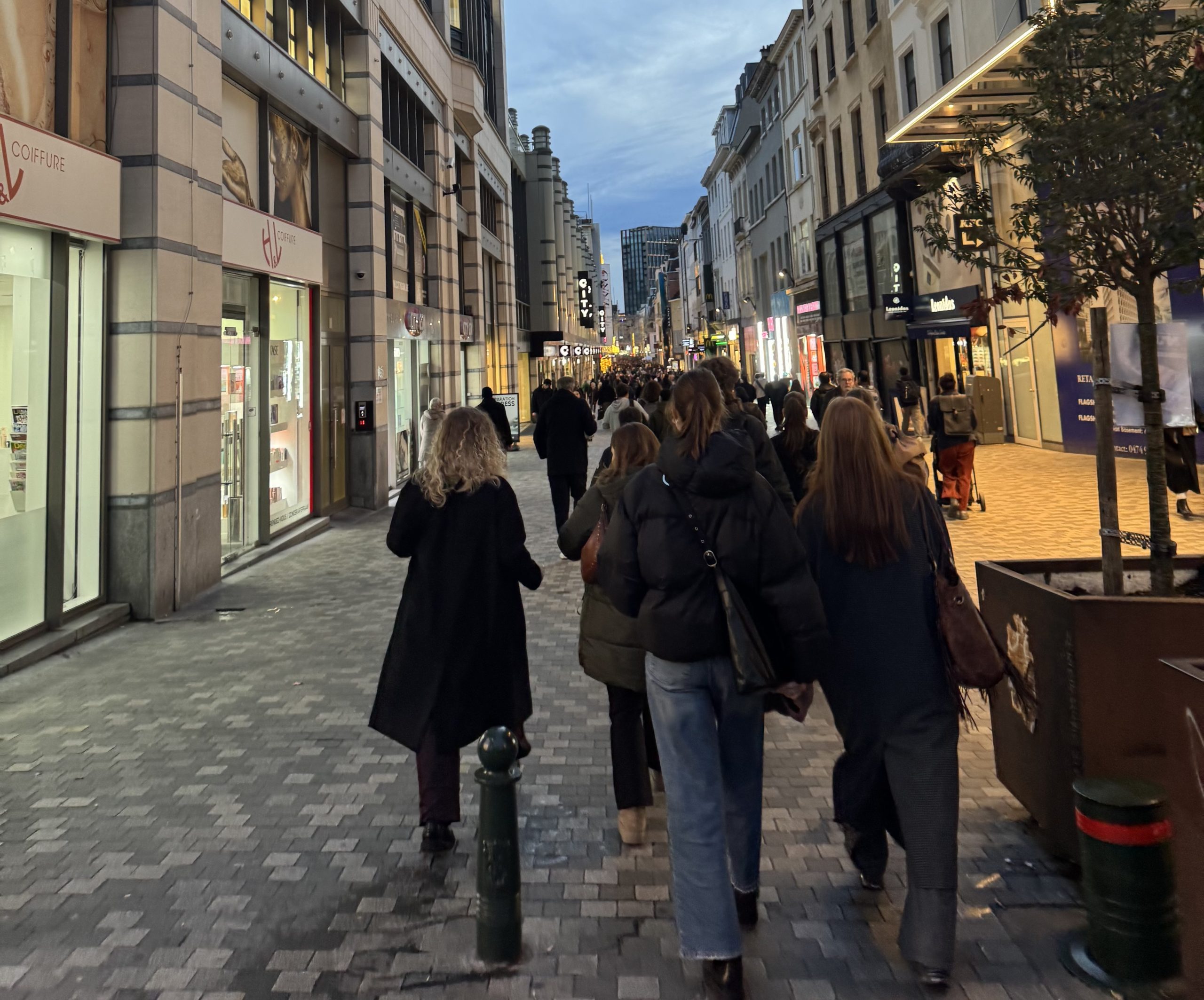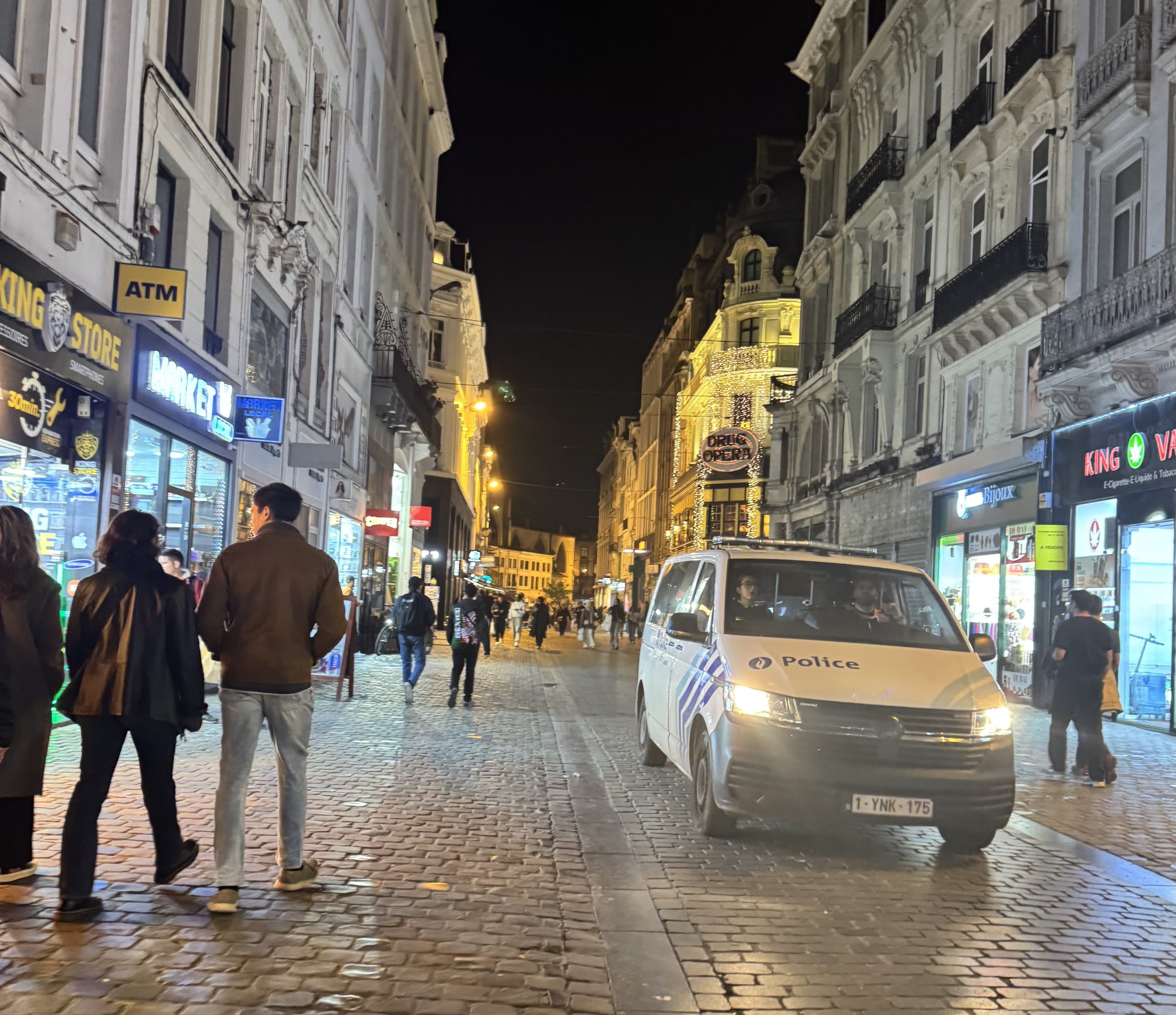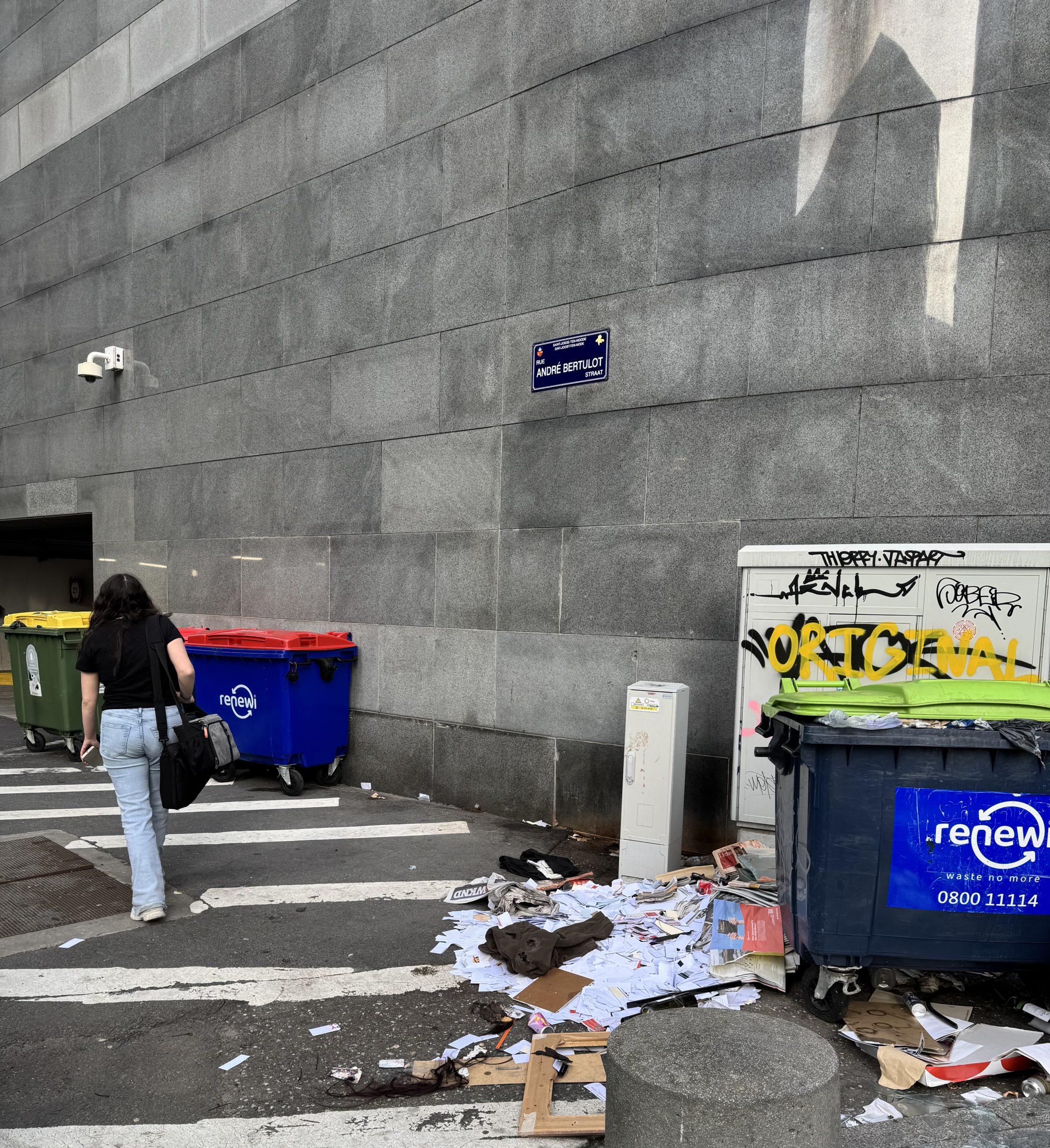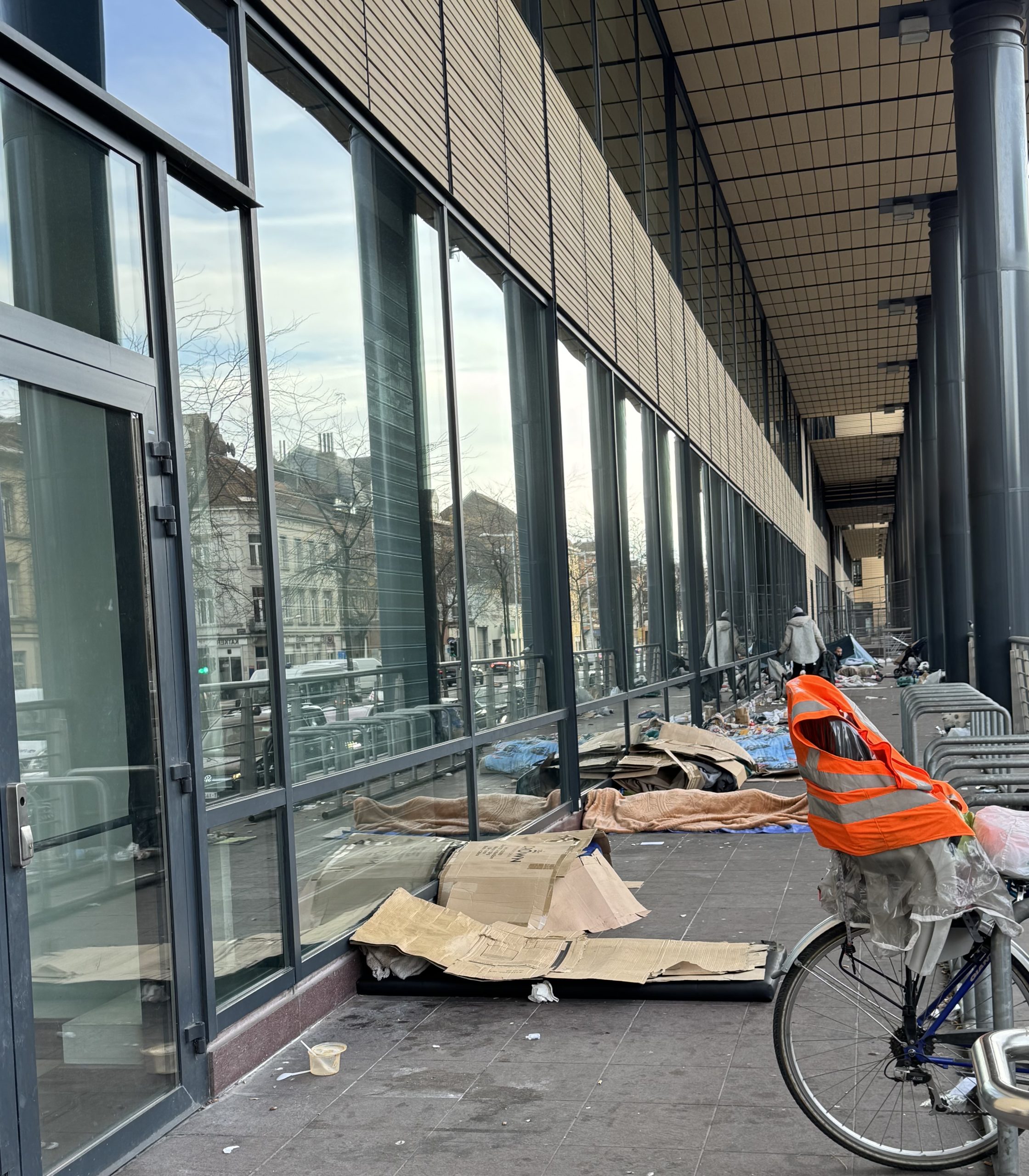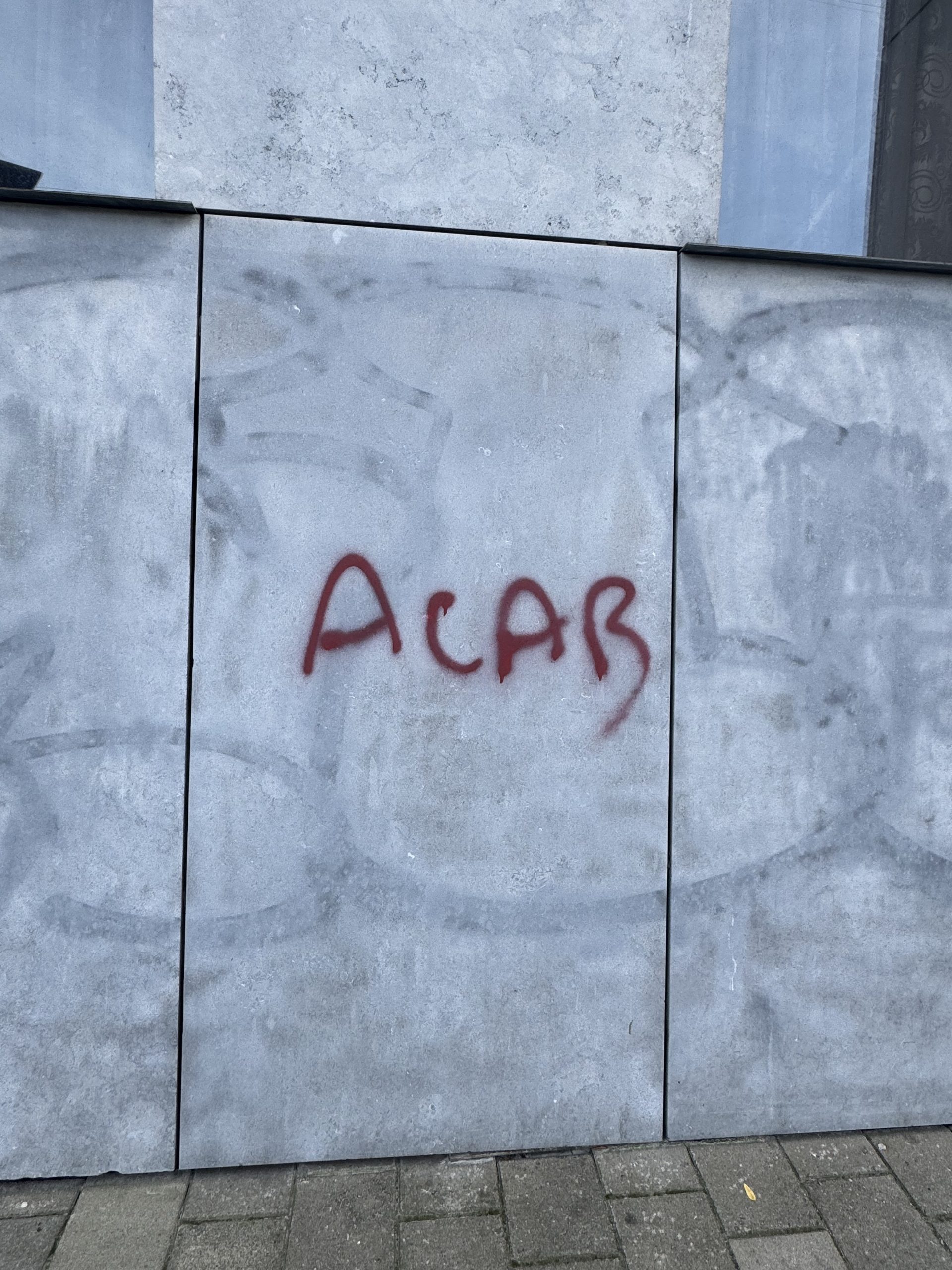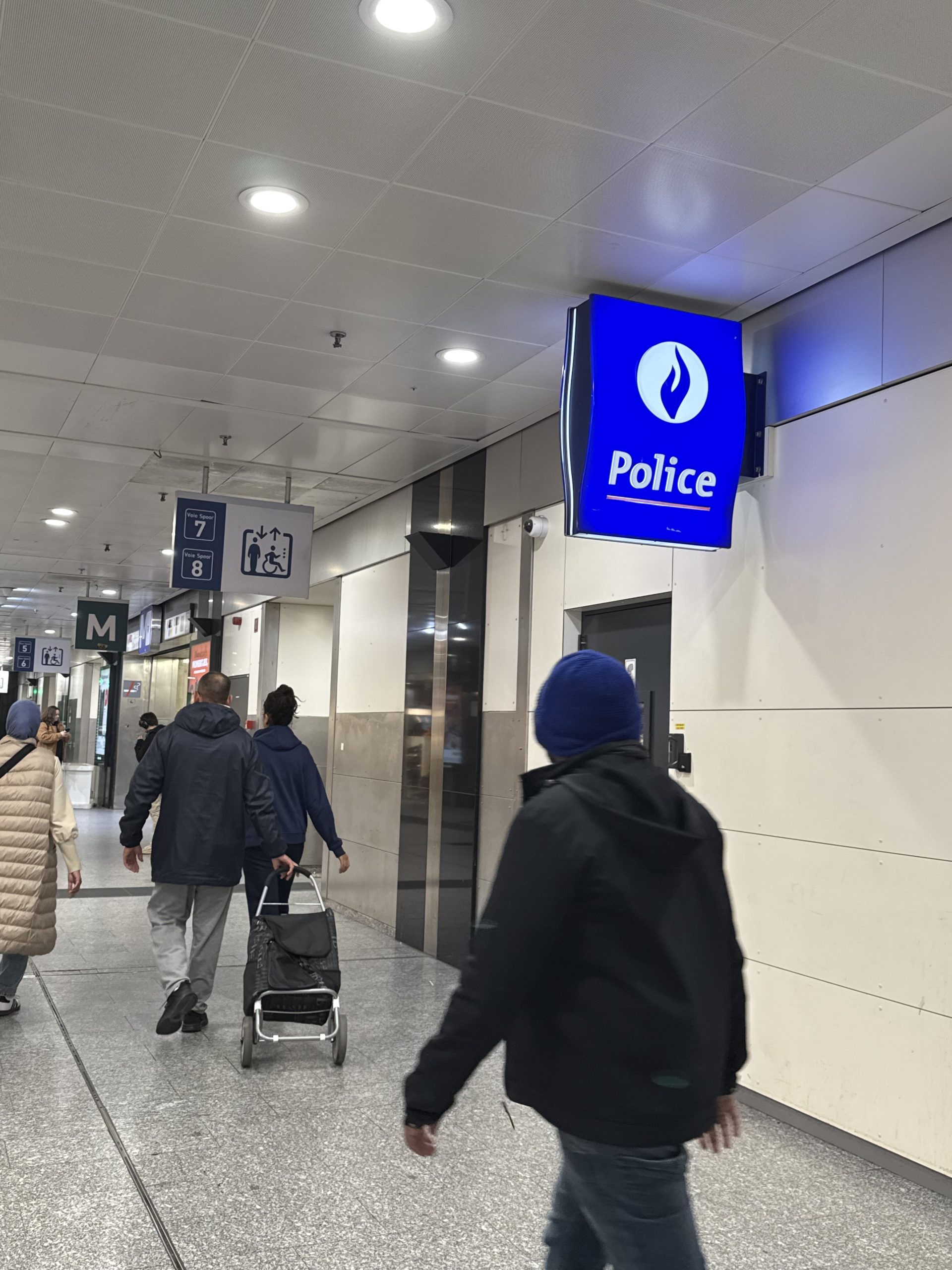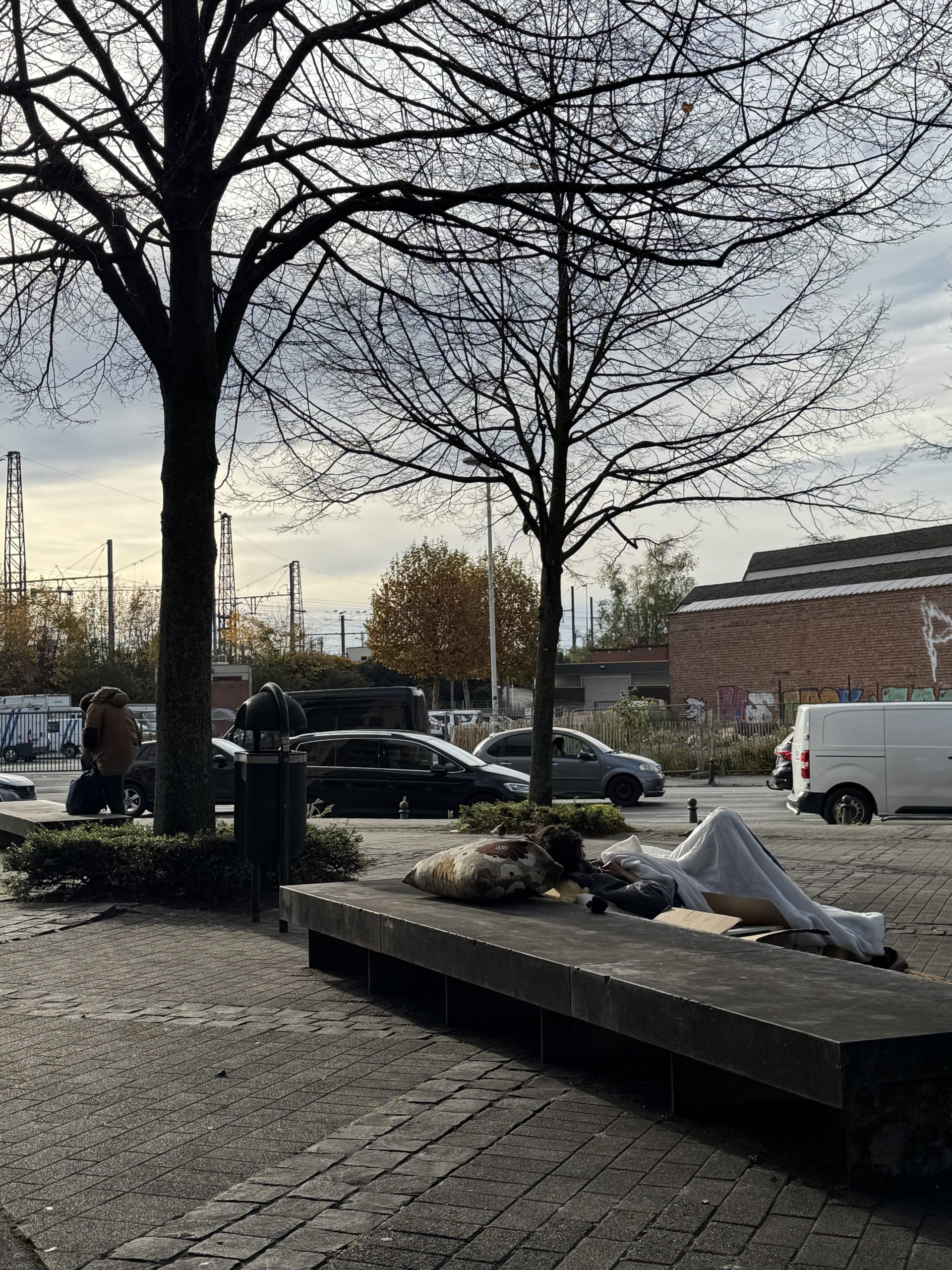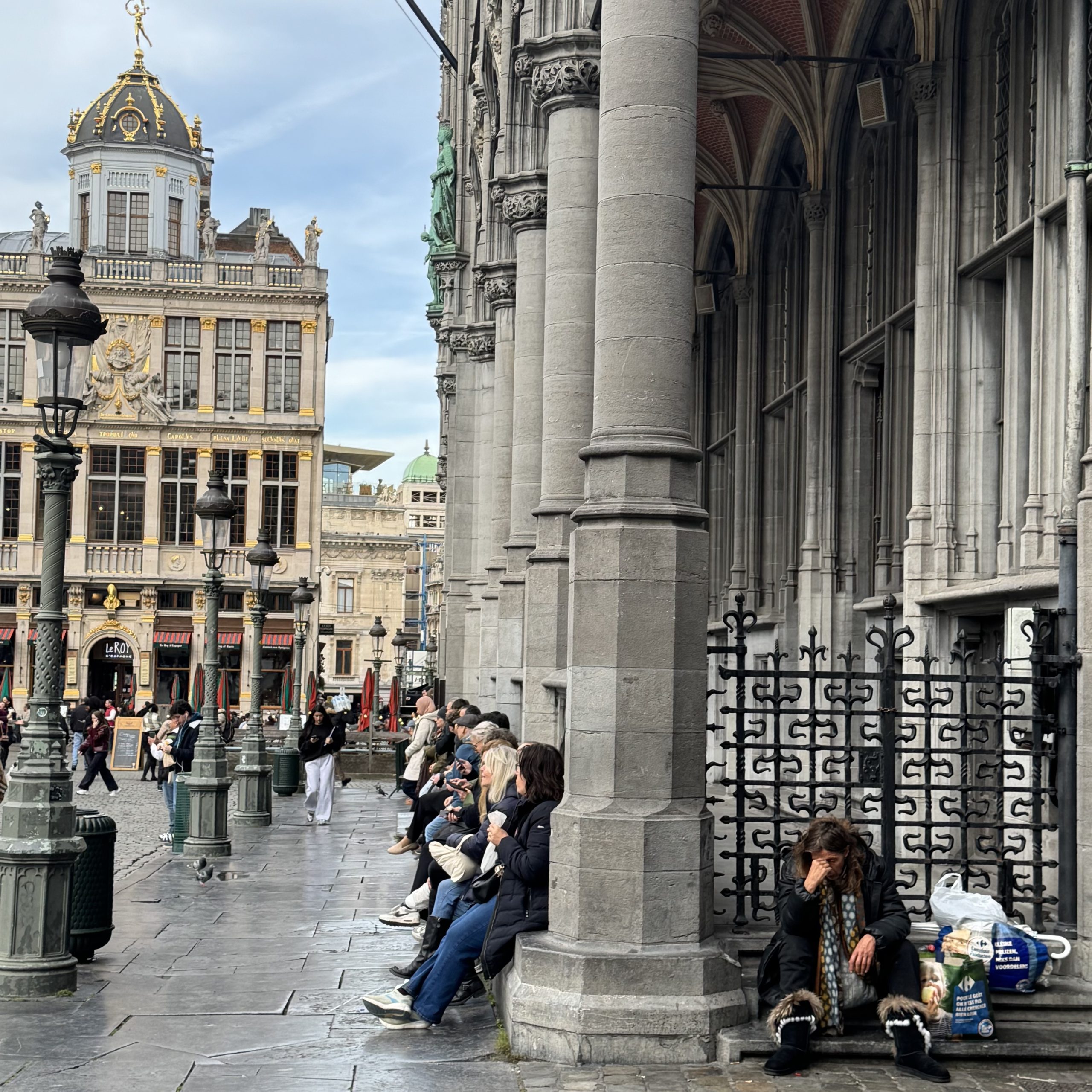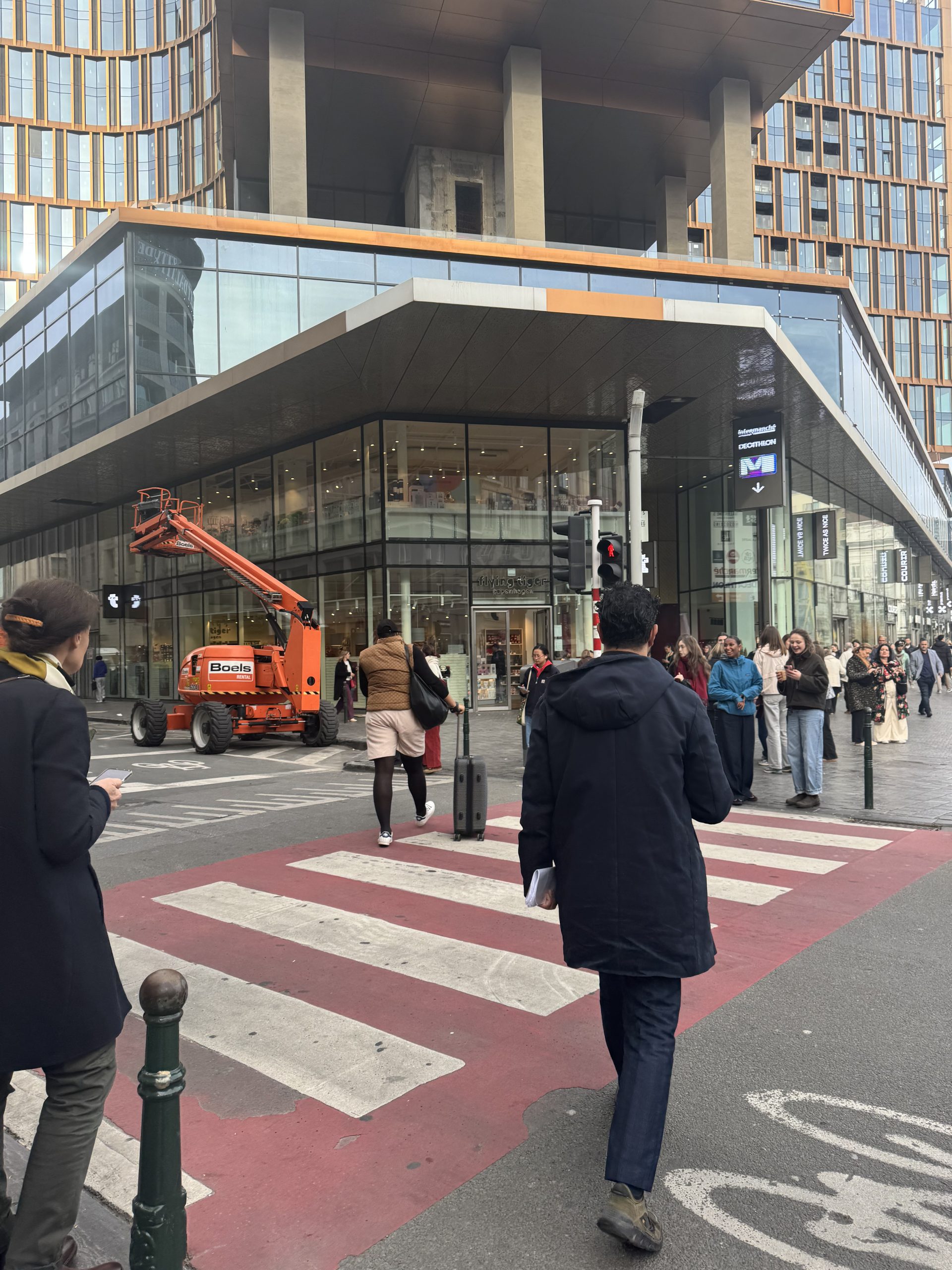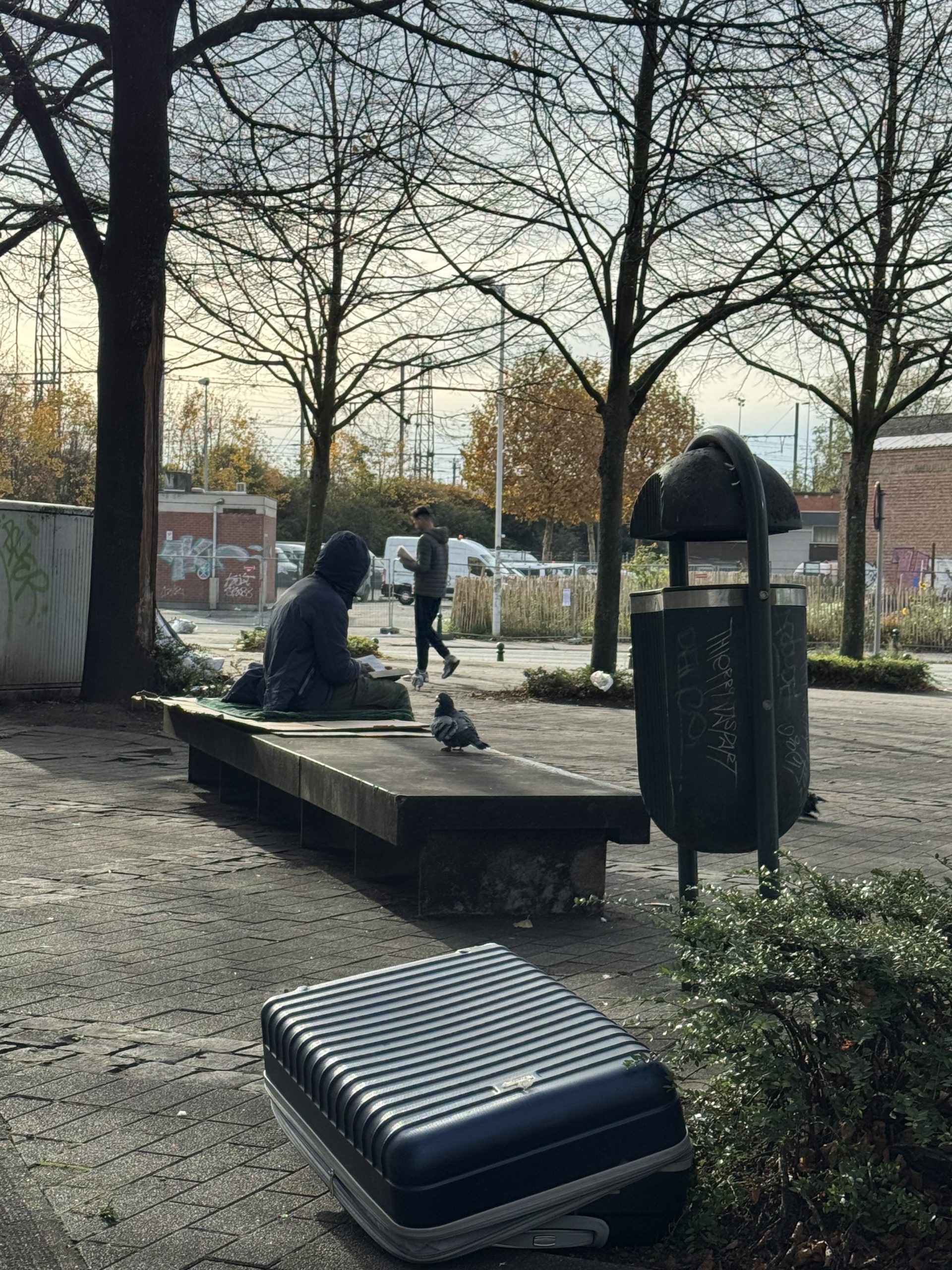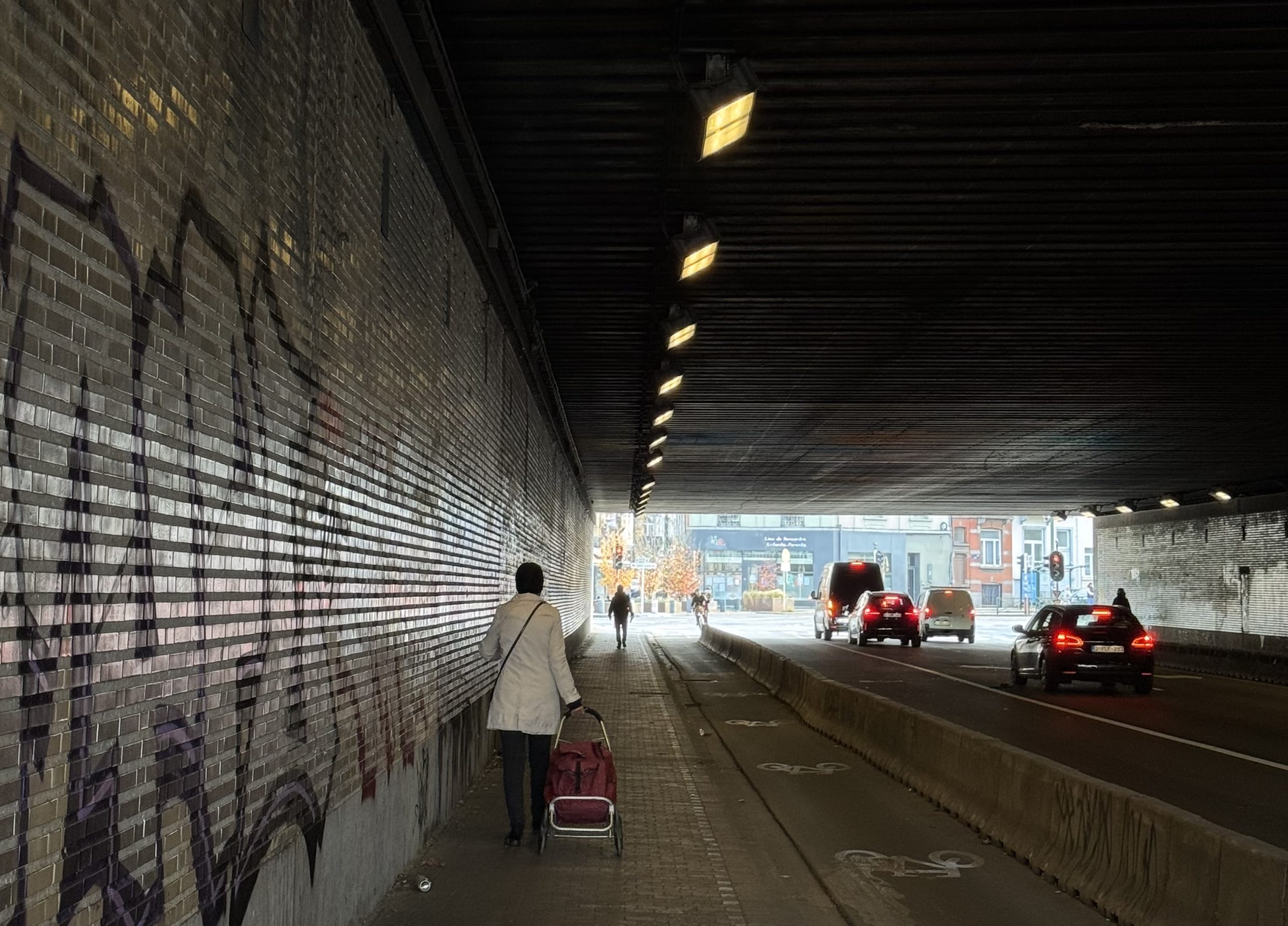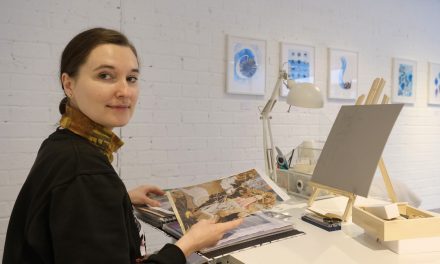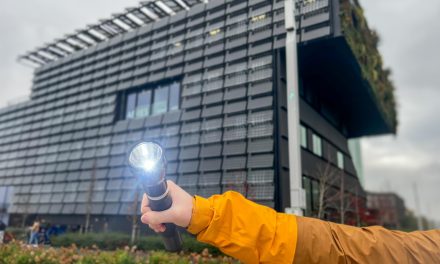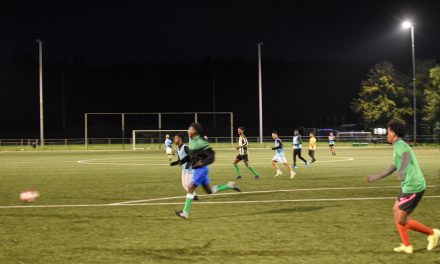Brussels sells itself as the heart of Europe, but many people who live here move through the city with a quiet, constant alertness. Recent national surveys indicate that the Brussels region has the highest reported feeling of insecurity in Belgium, with around one in five residents stating they “often” or “always” feel unsafe in their own neighborhoods. For women, the picture is even worse. Research indicates that the vast majority sometimes feel unsafe on the streets, and many avoid certain areas altogether after dark.
On paper, these figures are statistics. On the streets, they turn into daily routines and split-second decisions. One student, Aelin Van Herck, recalls walking home from work around six o’clock on a winter evening. “It just made me feel on edge”, she says.
Before moving to Brussels, Aelin describes her first encounters with the city as being more relaxed, such as school trips, surrounded by classmates and teachers. Back then, the sight of armed police officers felt reassuring. Now, it raises a different question: if this much visible security is needed, what exactly is being anticipated?
If neighborhoods carry reputations, Brussels’ big stations are where fear often becomes concrete. Brussels-Midi is routinely described as a hotspot for pickpocketing, harassment, and open drug use. Aelin’s closest call came there after a concert, late at night, when a woman asked her for money, saying she needed a bed to escape an abusive boyfriend. Aelin handed over the only 20-euro note she had. The woman immediately pushed for more. The story no longer felt believable, and Aelin walked away, realizing how quickly a “normal” encounter could turn threatening.
The same places that worry residents are the ones most tourists pass through. Official travel advisories and guidebooks generally describe Brussels as safe to visit, but they warn that petty crime, especially pickpocketing and bag snatching, is common in busy tourist areas and around metro and train stations. However, frequent visitors see another side. Although based in the Netherlands, Raluca travels to Brussels regularly to visit her family. She says she has seen pickpockets at almost every visit to the big stations and twice walked straight into taped-off crime scenes after stabbings. One night, walking back to her uncle’s apartment, a man followed her through the centre, touching himself and shouting explicit sexual comments. “I was alone and I felt completely exposed. I was really scared,” she says. “If you’re alone as a tourist, I don’t know how safe you can really feel here.”
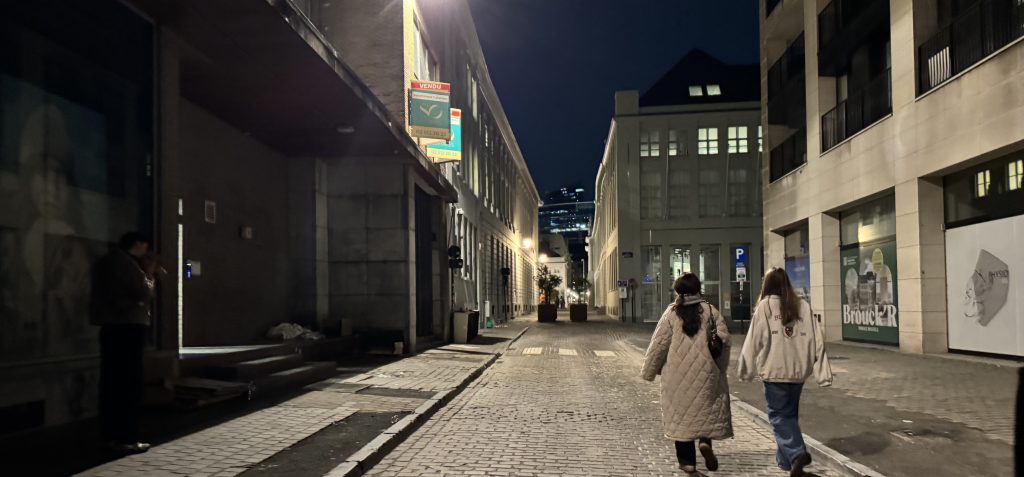
In response, many people have now built their own safety systems. Aelin keeps her live location permanently visible to her sister, who checks that she gets home. Raluca now refuses to walk alone at night in Brussels; she budgets for taxis and avoids waiting alone on quiet platforms. On paper, Brussels is a European capital with police patrols, cameras, and security plans. But, on the streets, neighborhood reputations and daily micro-incidents of theft, harassment, and violence add up to a different reality. Many people, especially women, feel they must constantly manage risk. The question is no longer only whether Brussels can be made safer, but whether its streets will ever truly feel safe to the people who walk them.
